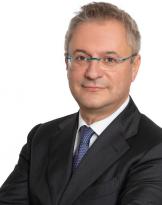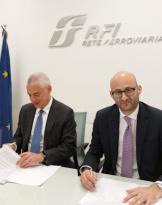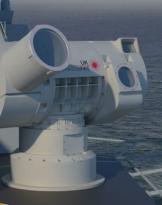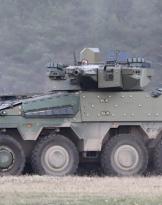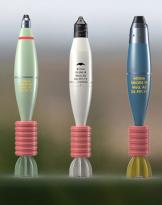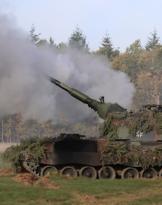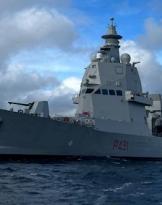Constant and competitive growth, flexibility, protection of employment and attention to the environment, but also concerns and requests for certain rules and continuity of maritime policy choices: these are the aspects that emerged from the speech by Emanuele Grimaldi, president of the Italian Confederation of Shipowners , during the Confitarma Assembly in the presence of the Minister of Infrastructure and Transport, Graziano Delrio, of the President of Confindustria, Vincenzo Boccia, and of numerous personalities from the shipowning, political, trade union and all the maritime cluster.
A fleet, the Italian merchant fleet, which from 1998 to 2015 drove the maritime occupation, passed from 30.000 to 63.000 unit. An occupation to which Confitarma looks carefully, guaranteeing crews the best on-board working conditions, navigation safety and advanced welfare, both for their qualified certification of skills, recognized internationally, and for the training of new recruits. A fleet that with over 16.5 million tons, is always in the top positions: second in the European Union, third among the fleets of the major countries gathered in the G20 and fourth in the world. "The competitiveness of the Italian fleet - stressed Grimaldi - it has been strengthened and maintained thanks to measures that have allowed our shipowners to face on equal terms the foreign competition of both EU and non-EU marinas. We have shown in practice how the regulated boarding of non-EU personnel for the purpose of maintaining competitiveness has in fact driven the employment of Italian seafarers".
A positive balance if we also consider certain numbers, such as those concerning the involvement of merchant units in the SAR operations which, from the 2014 to today, have helped to save around 70.000 people or those on the environment where Grimaldi said: “l'maritime intermodality is the answer to reduce environmental impact and make transport sustainable', reiterating how lo short sea shipping is an all-European success: of the 40 millions of trucks embarked on ships in the world every year, the 75% travels on European routes. As far as the formation of new resources is concerned, the commitment of Italian shipowners is as strong as the agreement with the confederal OOSS to broaden the boarding opportunities of Italian students.
There are, however, some concerns: from those on the safety of crews, to the arming of certificates adapted to the new requirements introduced by the Manila Amendments to the STCW Convention, which the Administration must issue to Italian seafarers. The Solimare Fund, set up in the 2015 to support workers in the maritime sector who have never benefited from the institution of redundancy, and for the reform of the employment of seafarers, needs instead a rapid intervention by the administrations involved. Even the emergence of new protectionist measures - 200 in the last 12 months recorded in 31 countries monitored by the European Commission - against which Grimaldi declared "will cloud the steady growth.none of the pre-existing barriers to trade have been eliminated. It is relevant that some of these countries on the world chessboard are important importers and exporters and control strong merchant fleets".
A speech that ended with a reflection on the Government's Act No. 321, "whose effects - stressed Grimaldi - they are not at all marginal and do not take into account the EU regulations that regulate them by clearly differentiating them, the trade of continental cabotage, island shipping and short sea shipping, imposing the obligation to embark exclusively Italian / EU personnel on these routes, with loss of competitiveness of the flag Italian and the inevitable transfer of the ferry fleet to another Community flag. The flagging out, even if only of the national flag ferries involved in the standard, would entail a loss of about 1.500 jobs in Italy".
(photo: Confitarma)



